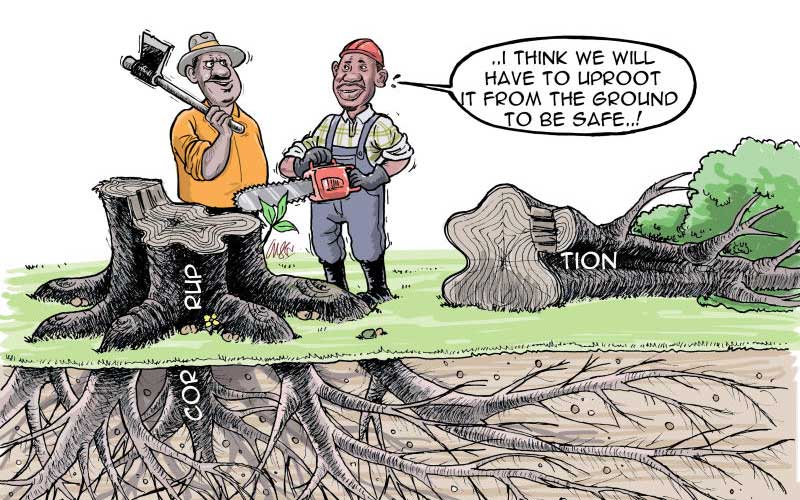×
The Standard e-Paper
Stay Informed, Even Offline

As the process of collecting signatures for the ratification of the Building Bridges to a United Kenya Taskforce Report readies to start, the anticipation and hope for the majority of Kenyans is palpable.